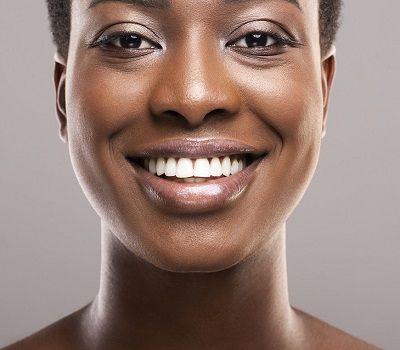
Botox and Fillers
Botox
Botox works by restricting the movement of facial muscles as we age. The neuromuscular drug prevents the …
Getting a sound, eight full hours of sleep is a dream for many people, considering their lifestyle, and working hours. In addition to this, it would be more disturbing if sleep disorders like sleep apnea further reduce sleep quality.
What sleep disorders can my dentist diagnose and/or treat?
If you grind your teeth at night, snore, or have sleep apnea, there are certain indicators that a dentist, such as Dr. Zulfaghary or Dr. Asad, will be able to observe while conducting an oral checkup.
Your dentist will look for the following to diagnose teeth grinding or bruxism:
With snoring, your dentist might notice:
With sleep apnea, your dentist might notice the following:
If you think you snore loudly during sleep or feel tired even after a full night's sleep, you might be suffering from sleep apnea. Sleep apnea is a severe sleep disorder in which breathing repeatedly stops and starts.
Symptoms of sleep apnea
The common symptoms of obstructive and central sleep apneas include:
There are both oral and non-oral dangers associated with sleep disorders. Grinding your teeth can wear down your enamel, which makes your teeth more prone to cavity-causing bacteria. It can also lead to a loss of tooth structure and temporomandibular disorder (TMD). Snoring causes diminished sleep quality and fatigue, and sleep apnea is linked to diabetes, heart disease, obesity, headaches, and a higher risk of high blood pressure.
If you suspect you have sleep apnea or any other sleep-related disorders, visit us, and we will recommend a sleep test from a sleep center to understand your condition's severity better. They will monitor your vitals, eye movement, and body movement patterns while you sleep. We will advise a few changes in your everyday lifestyle, such as limiting the consumption of alcohol, quitting smoking, reducing the consumption of foods with saturated fats, etc. If changing lifestyle habits alone does not yield the desired results to stop sleep apnea, we will suggest an oral appliance called the mandibular advancement device (MAD) to put on before going to sleep, as it brings the lower jaw forward, thus allowing easy movement of air while inhaling and exhaling. If the condition is severe and MAD doesn't help, we may suggest a CPAP or Continuous Positive Airway Pressure, a device that provides a continuous supply of oxygen to the lungs through a pressurized oxygen cylinder and a face mask.
Dr. Zulfaghary or Dr. Asad might also order a sleep study for you if they suspect that you're grinding your teeth at night. They do this in order to rule out the potential that an airway issue might be causing the bruxism. If a poor airway is the culprit, that should be treated first. If the issue is not with your airway, then they might prescribe you a mouthguard to wear while sleeping.
Dentistry goes beyond treating your oral health; dental solutions can play a significant role in treating sleep disorders too. If you're suffering from a sleep disorder, then a trip to the dental professionals at Allure Dental Care of Maple Lawn in Fulton, Maryland, might actually be the beginning of your solution. Dr. Mahvash Zulfaghary and Dr. Zehra Asad are highly trained and well equipped to diagnose and treat a number of sleep disorders. Call or book an appointment online today.
Stop losing sleep. Call or book an appointment online today with the experts at Allure Dental Care of Maple Lawn, and get yourself back on track to a good night's rest.
8170 Maple Lawn Blvd Suite 150, Fulton, MD 20759
Phone: (240) 456-0717